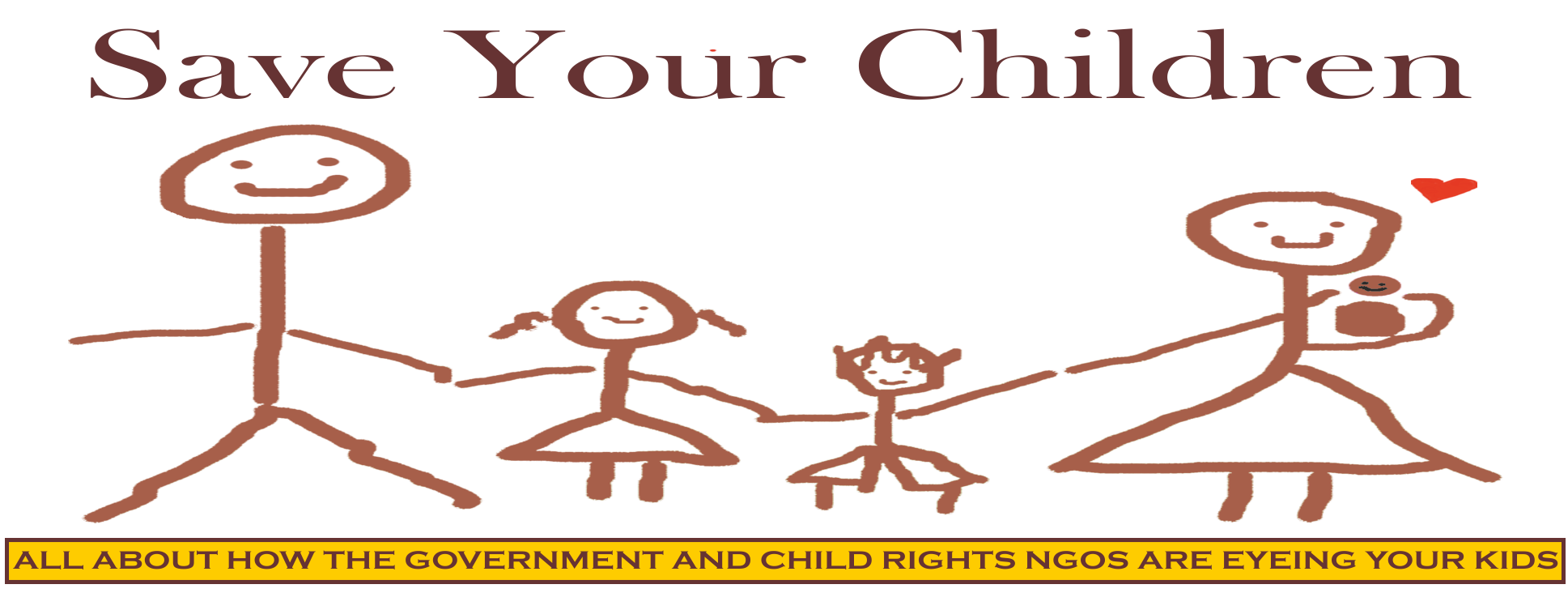by Suranya Aiyar
A version of this article was originally published in the Indian Express in March 2023.
With the release of the trailer of Mrs Chatterjee vs Norway, Barnevernet, Norway’s notorious the child services agency is back in the news. The film is based on the true story of the Bhattacharya children in Norway who were won back from Barnevernet by their valiant mother, Sagarika.
Ten years ago, after reading in the press about the Bhattacharya case, I joined the campaign started by then Rajya Sabha MP, Brinda Karat, to get the children back. The Indian Government intervened, and eventually the children were returned to Sagarika.
I was shocked, both as a mother and a lawyer, at the severity of the Norwegian child services’ actions against the Bhattacharya family. There was no allegation of violence or incest. All the complaints were about the parents’ “care ability”. This did not appear to justify placing the children in permanent foster care, without allowing the parents to even visit them.
Videos and photos of the children before they were removed showed them to be clean, well-fed and playing affectionately with their mother. The baby girl was exclusively breast-fed. This itself was an indicator of Sagarika’s strong commitment as a mother. The father was providing responsibly for the family. What was missing in the parents’ “care ability” that outweighed this evidence of the children’s good care by the parents?
After Sagarika returned from Norway, we obtained all the case documents from Barnevernet. What emerged from the documents was a dirty game played by the care workers and children’s school. First, they inveigled themselves into the family home claiming that they would “help” with the babies. Then they took the normal behaviour of the mother and her babies to make all manner of hostile speculations. Speaking sharply to the boy “in Bengali” with a raised finger when he spat food on the ground was taken as indicating that worse happened out of sight. The mother’s natural emotions when told that she would never see her children again were interpreted as mental instability.
It is well-known that Northern Europeans set great store by never raising your voice. But to allow this cultural difference to be the basis for child removals is scandalous. Readers would have already heard about the care workers’ objections to “hand feeding” and “co-sleeping”.
Since Sagarika’s case, every year I have been contacted by families with children removed by child services abroad. They call me from the USA, the UK, Norway, Sweden, Germany and Australia. Most of the families are Indian. I also get calls from other South Asian families in the same situation – from Bangladesh, Sri Lanka, Nepal, Pakistan and Afghanistan. I help them all for free.
Working with these families, a dreadful picture emerged of an overzealous, unregulated and racist state agency. Child services are not bound by the burden of proof that applies in other areas of the law. In countries like Norway, the UK and Germany, they are not even required to make specific allegations that the parents have done or omitted to do something. The dramatic claims of the child services are almost always speculative, with very little hard evidence. This is why you have the anomaly of parents being acquitted by the police, but still not having their child returned. Judges tend to treat child services agencies as neutral experts, rubber stamping their decisions.
Strict confidentiality laws in the name of the privacy of the child, effectively act as a cover for the mistakes and biases of the system.
In this way, the deck is stacked against any parent facing child protection proceedings.
This is all the worse for parents who are newly arrived immigrants without the wherewithal to stand up to Child Services.
It is high time for the world to accept that child protection in its current form has failed. It has not benefited children. It has merely placed them and their parents at the mercy of a heartless and overbearing bureaucracy.
Sagarika’s son still bears the scars of his separation from his mother at the sensitive age of two. Barnevernet’s records describe, with chilling blandness, how the little girl took days to take the bottle after the abrupt termination of breastfeeding. Social Services will coldly report how children soil themselves as they are driven away from their parents.
No one has any objection to measures being taken to help children. However, the experience with child services in developed countries shows that the solution is not an all-powerful state bureaucracy with no effective supervision, no transparency and no accountability.
